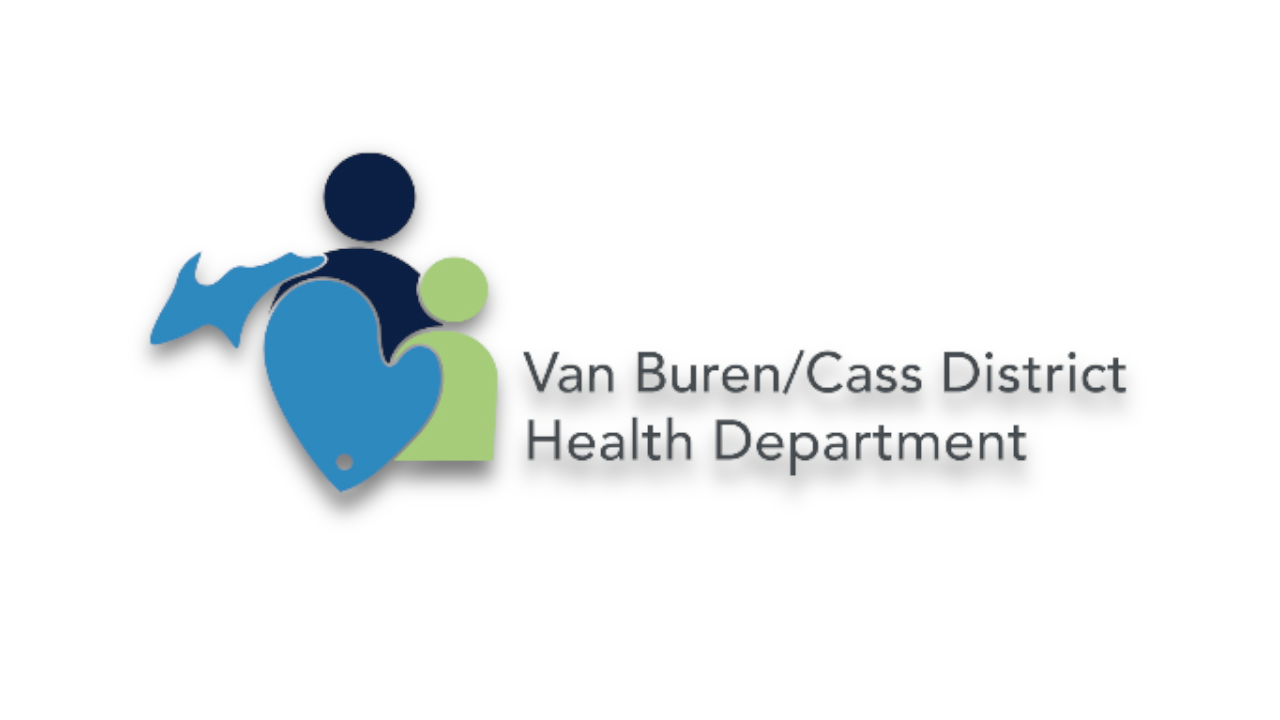
With more and more cases of monkeypox being reported throughout Michigan and around the country, the Van Buren/Cass District Health Department is here to answer questions educate residents who may have never heard of the virus.
Administrator and Health Officer Danielle Persky issued the following statement in an attempt to raise awareness of the virus:
“Throughout the summer a new topic of conversation has emerged bringing about many questions and some concern. Cases of Monkeypox have been identified worldwide, throughout the United States and across Michigan; as of Wednesday, August 10, 2022 there are no known cases in Van Buren or Cass counties. Although not a “novel” or new virus – monkeypox has established testing, vaccinations and treatment – this may be the first time many residents have heard about it. Here’s what you need to know:
Monkeypox is a rare disease caused by infection with the monkeypox virus. Monkeypox is part of the same family of viruses as variola virus, the virus that causes smallpox. Monkeypox symptoms are similar to smallpox, but milder, and monkeypox is rarely fatal. Monkeypox is not related to chickenpox.
The monkeypox virus is spreading mostly through close, intimate contact with someone who has monkeypox. People with monkeypox get a rash that may be located on or near the genitals or anus and could be on other areas like the hands, feet, chest, face or mouth. The rash will go through several stages, including scabs, before healing and can initially look like pimples or blisters and may be painful or itchy. Other symptoms can include fever, chills, swollen lymph nodes, exhaustion, muscle aches and backache, headache, or respiratory symptoms (e.g. sore throat, nasal congestion, or cough). Sometimes people have flu-like symptoms before the rash, some people get a rash first followed by other symptoms and others may only experience a rash. Symptoms usually start within 3 weeks of exposure.
There are steps people can take to prevent getting monkeypox and lower the risk of spreading it, such as avoiding close, skin-to-skin contact with people who have a rash that looks like monkeypox, avoiding contact with objects and materials that a person with monkeypox has used, and washing hands often. CDC recommends vaccination for people who have been exposed to monkeypox and those who are at higher risk of being exposed. If you believe you have symptoms, talk to your healthcare provider, even if you don’t think you have had contact with someone who has monkeypox.
As your local public health department, one of our roles is to investigate communicable diseases and conduct surveillance for outbreaks helping to interrupt transmission. Another, is to provide access to vaccination. Our staff investigates any/all cases and works with individuals to educate and discuss prevention, treatment and vaccine options, and offers help notifying those who may have been exposed.
Post-exposure vaccination is administered optimally within the first 4 days of exposure but can be given up to 14 days after exposure to reduce symptoms of disease. With limited vaccine supply, certain eligibility criteria must be met for those exposed to monkeypox. Examples of eligibility criteria include individuals who have been exposed to monkeypox within the last 14 days (had close physical contact with someone who was clinically diagnosed), men who have sex with men and have a history of STI in the last year, individuals and partners of individuals who engage in higher-risk sexual activities, individuals who plan to have close contact at a high-risk event or high-risk venue, and individuals taking HIV PreP or those living with HIV.
People who meet the criteria are prioritized based on availability. Most people don’t need a vaccine right now. As monkeypox evolves and vaccine supply increases, information and guidance may change. Currently, the vaccine is only available through local public health departments. If you believe you are at risk, please call Van Buren/Cass District Health Department at (269) 621-3143 and ask to speak to a public health nurse.
While the risk to the public still remains low, I ask that you stay informed and aware of changing conditions, share the knowledge you now have with people in your life, and feel confident that as your local public health department we are maintaining our finger on the pulse.
Cheers to the end of another great Michigan summer and healthy days ahead.”
More resources and monkeypox rash photos are available via the CDC, State of Michigan and Van Buren/Cass District Health Department.








